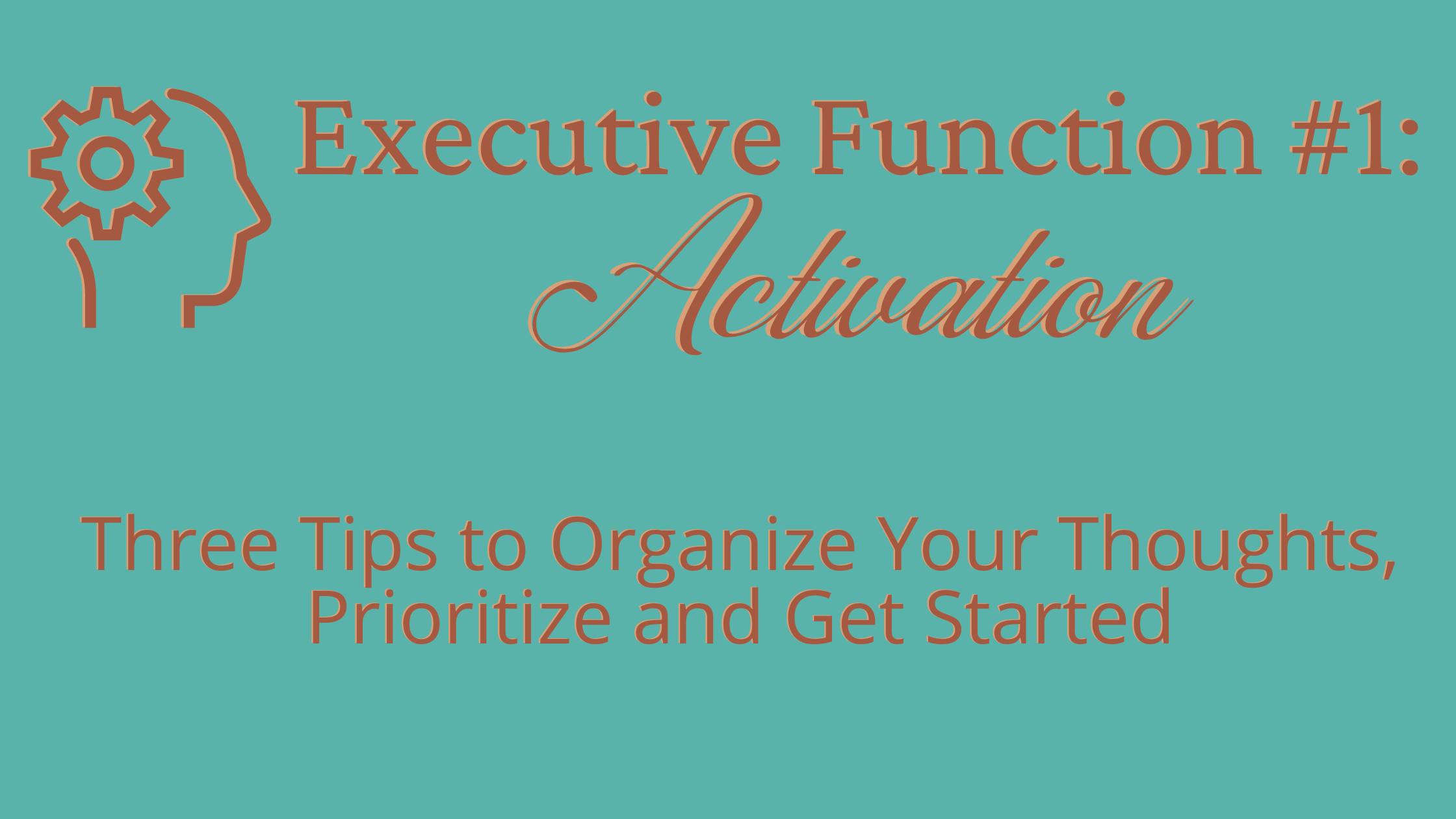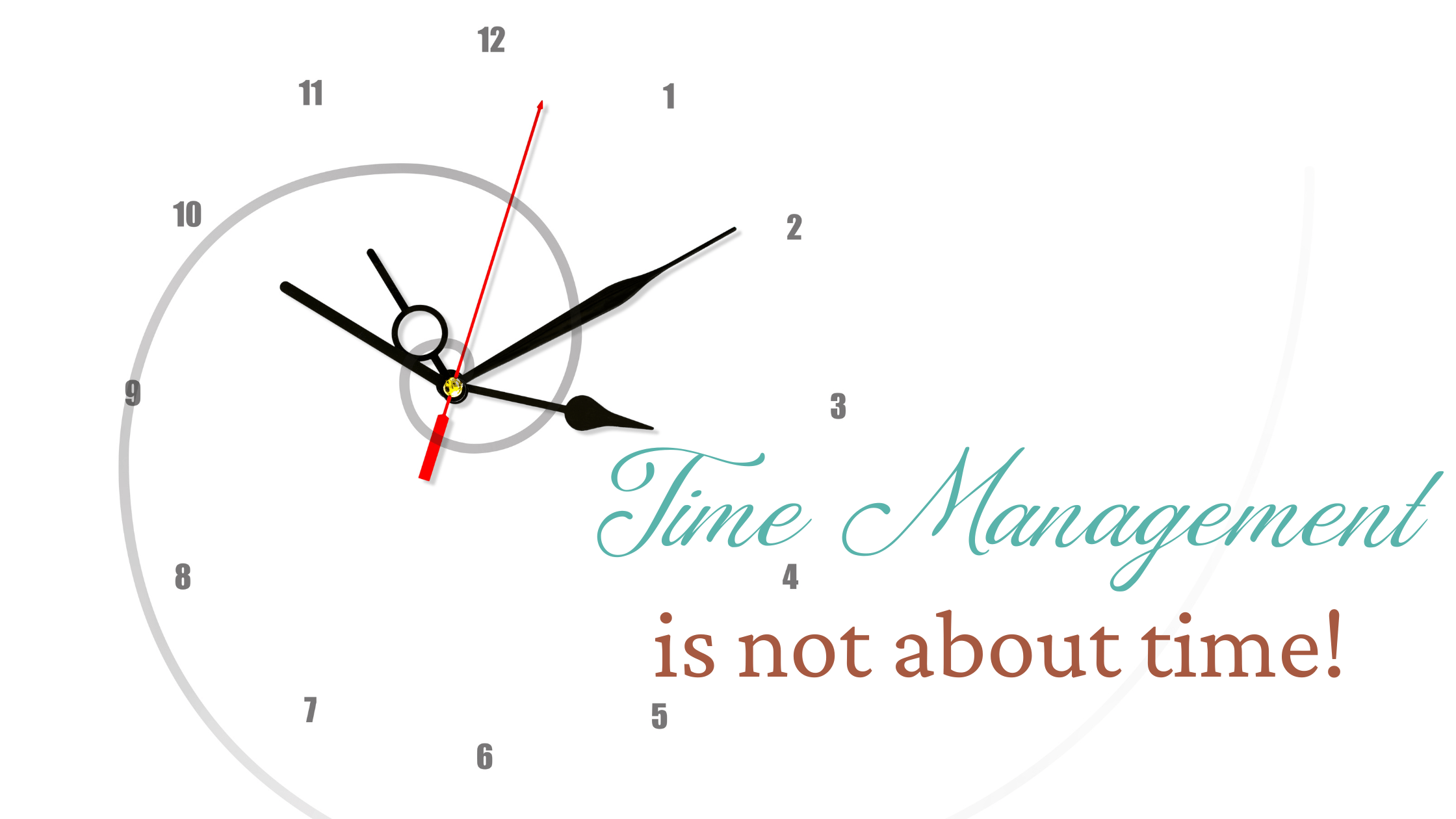When my kids were ages 8 and 13 we moved from a suburb of Chicago to San Diego. I decided to take the year off of teaching to address some health issues and get my family settled into our new home. I’d drop them off at school, return home and sit down at the kitchen table feeling completely paralyzed. I was so overwhelmed, I had no idea what to do first.
Often, way too often, I’d sit around for hours. Seriously, hours. I might check email or scroll through Facebook. Sometimes I took a nap.
Boxes surrounded me, waiting to be unpacked and sorted. It took tremendous effort to make one of the dozens of phone calls to doctors, sports clubs or new connections. I didn’t even take advantage of the gorgeous San Diego weather and spend time outside. I was stuck in the chair, not knowing where to start.
Everything seemed important and urgent. Nothing got done.
For some, it doesn’t take a move across the country to feel this paralyzed. Perhaps you feel this way when you sit down at your desk in the mornings to begin working. Or you might have felt this way when beginning to clean out a closet, garage or basement.
Prioritizing and getting started on tasks are part of the first executive function that Dr. Brown identified: activation. Executive functions are the life skills that help us get through each and every day. And activation is the ability to organize your thoughts, identify what to do first and take the first step.
The paralysis I felt that year slowly subsided as I took one tiny step after another. And a few years later I started helping others do the same. Teaching others to prioritize, break down projects into smaller steps and get started is at the heart of my coaching business.
If you struggle with activation, here are three tips:
Beware of Urgency
Requests, notifications and phone calls may feel urgent, but are they really? Many people spend their day reacting to all that life throws at them. We’re so used to this pace we don’t stop to question whether something is really urgent. Urgent tasks feel like they should be the priority. But we have to accomplish other important stuff too. So consider these questions:
- Do you have to do this urgent task?
- Does the task really have to happen today?
- Does the entire task have to get done right now?
- Must this task get done… ever?
When you can delegate, reschedule, shorten or delete tasks, you can start to prioritize other important projects as well. Unpacking boxes seemed urgent right after we moved, but when I realized it didn’t have to happen right away, the overwhelm lessened and I was able to focus on spending quality time with my family while slowly unpacking and organizing. Beware of the feeling of urgency, it’s not always accurate.
Take a Tiny Step
When you feel overwhelmed by a project, like I did when I was surrounded by moving boxes, start with the tiniest first step. That’s it. Just start somewhere.
Open a box. Pick up the phone. Write one sentence.
It can be tempting to overthink the situation and assume we have to go in with a plan. But often the plan becomes clear after we start. Start, then take the next tiny step. And the next and the next and the next.
To make progress on the massive task of unpacking boxes and getting my family settled in a new city, I started with just opening a box. Some days I’d empty it and some days I’d only work for ten minutes. When the goal was simply opening the box, it was achievable. Opening a box and peeking inside helped me move out of paralysis.
Habits and Routines
To get tasks done, and ensure the most important things happen, create habits and add routines to your day.
Some people resist the structure of a routine day but it has advantages. Habits and routines make certain you don’t forget to do something. They lessen the amount of thinking time needed for the task or project because they happen automatically. And if you create habits and routines for the most important things in your life, you will be sure the priorities happen.
Many of your priorities can be worked into your daily routines: exercise, food prep, family time, emails or projects. After identifying something that is important to accomplish each day or week, do it at approximately the same time every day/week.
After moving to San Diego, I realized my priorities were family time and my health. I created morning and evening routines to address these, leaving plenty of time in the middle of the day to unpack boxes. With this plan, the most important things happened and I made steady progress on settling us into our new home, without feeling too overwhelmed.
Do you struggle with Executive Function #1: Activation? I’m here for you. Let’s create some strategies to help you figure out the priorities and get started. Schedule a free Discovery Call to see if working together would be a good fit for you.






